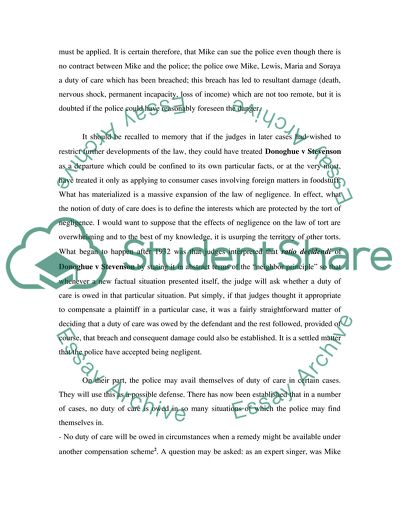Cite this document
(“Tort Law Essay Example | Topics and Well Written Essays - 2250 words”, n.d.)
Tort Law Essay Example | Topics and Well Written Essays - 2250 words. Retrieved from https://studentshare.org/miscellaneous/1561775-tort-law
Tort Law Essay Example | Topics and Well Written Essays - 2250 words. Retrieved from https://studentshare.org/miscellaneous/1561775-tort-law
(Tort Law Essay Example | Topics and Well Written Essays - 2250 Words)
Tort Law Essay Example | Topics and Well Written Essays - 2250 Words. https://studentshare.org/miscellaneous/1561775-tort-law.
Tort Law Essay Example | Topics and Well Written Essays - 2250 Words. https://studentshare.org/miscellaneous/1561775-tort-law.
“Tort Law Essay Example | Topics and Well Written Essays - 2250 Words”, n.d. https://studentshare.org/miscellaneous/1561775-tort-law.


